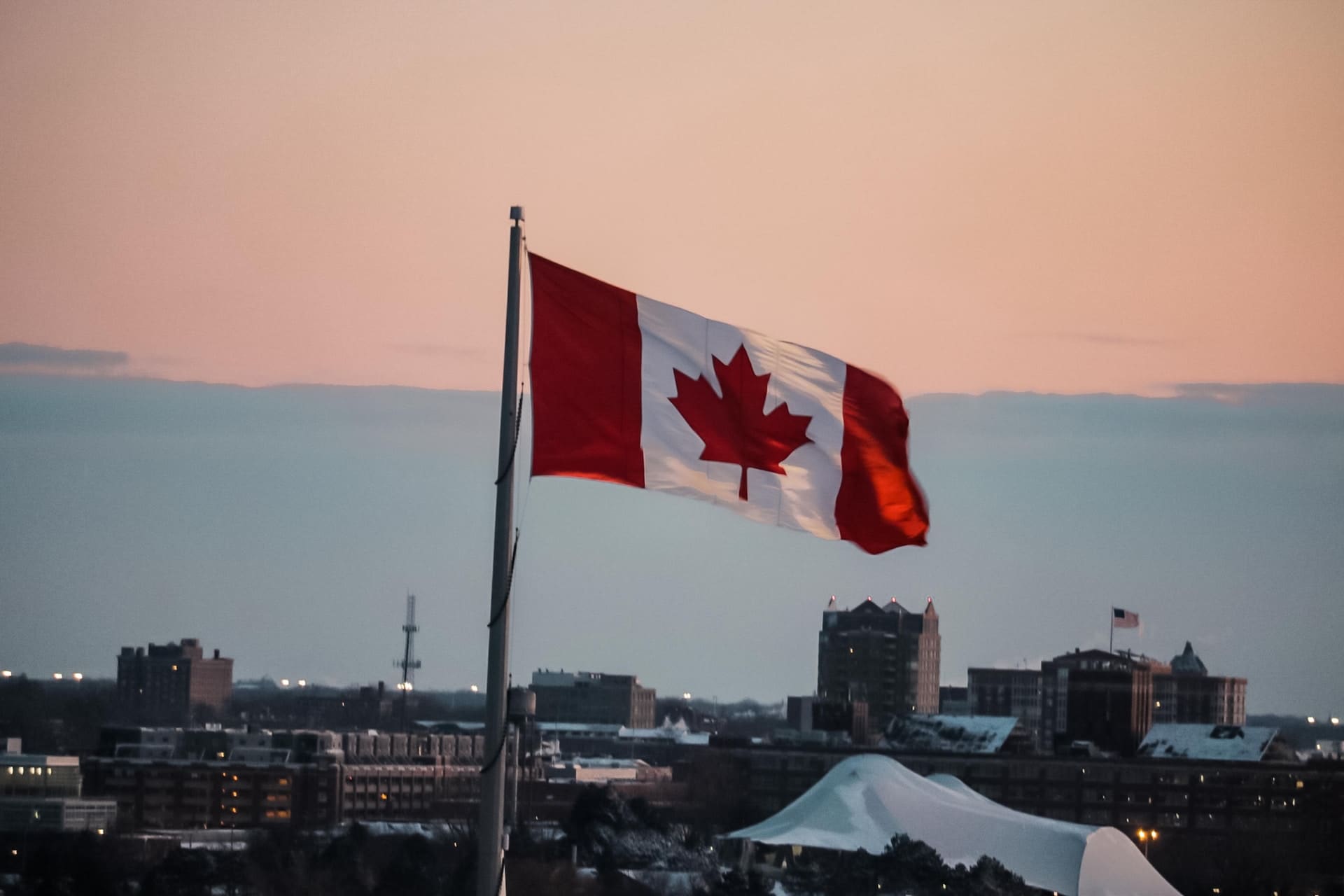By Roshan Abraham
See original post here.
The Senate is studying a bill that would introduce a framework for a policy that would guarantee access to a livable income to everyone over 17.
Canada is taking a step toward making universal basic income a reality.
The Senate’s national finance committee will study a bill on October 17 which would create a national framework for—but not actually implement—UBI, according to a press release from the office of Ontario Senator Kim Pate. An identical bill exists in the House of Commons and is sponsored by Member of Parliament Leah Gazan.
The bill in the Senate, which received a first and second reading in 2021 and last April, respectively, would require provincial ministers and Indigenous governing bodies across the country to convene and determine how a UBI plan could work. This would include ensuring that “participation in education, training or the labour market” is not required to receive UBI, and that funding for other social services are not cut. If the bill passes both the Senate and House of Commons, a report would have to be made public a year after the study begins.
“We’ve heard so much about how Canadians are struggling with inflation and higher interest rates, but we seem to have lost track of the fact that the people who struggle most are those who have the least,” Evelyn Forget, a professor of economics and community health sciences at the University of Manitoba, told Motherboard in an email. “Frontline workers are burning out trying to cope with the growing poverty in our cities. We need to talk seriously about Basic Income rather than closing our eyes and imagining that another patch on a dysfunctional system will suffice.”
Canada has a long and disjointed history with the idea of a UBI. An experiment with a guaranteed “mincome” in the 1970s in Dauphin, Manitoba is still discussed today because of the positive effects it had: better mental health, more high school completion, fewer doctor’s visits, and so on. A basic income experiment kicked off in Hamilton, Ontario in 2017 and was supposed to run for three years before being canceled in 2018 by Premier Doug Ford. Before that, though, residents who spoke to Motherboard at the time indicated it was improving their lives in numerous ways. Discussion of universal basic income in Canada was renewed during the pandemic when the “Canadian Economic Recovery Benefit” (CERB) was introduced. The payments of $600 or $1,000 over a two-week period went to Canadians who lost work due to COVID-19 before the program ended in September 2020.
A report on Universal Basic Income from the Atlantic Economic Council found that while UBI would relieve poverty, it could only be funded by cutting other services and might lead to a decrease in labor market participation. A 2018 report that looked at several basic income programs around the world, however, found no substantial decrease in labor market participation.
The implementation of CERB also led to fears of decreased labor market participation. Yet a report submitted to Senator Nancy Hartling said previous fears that labor market participation decreased during the implementation of CERB were unfounded. “No, CERB and other benefits did not cause a labour shortage,” the report’s author, researcher Wil Robertson wrote. “In the lack of compelling evidence for a CERB impact on labour supply, we should be focusing on other systemic issues facing the Canadian labour market.”
In addition to pushback based on the total cost—Canada’s parliament predicted it would cost $88 billion a year—the UBI bill led to the proliferation of conspiracy theories. Senators received a barrage of emails last year on the senate bill from people convinced that it would lead to cuts to social services and pensions for unvaccinated people, the CBC reported. (The bill, which would not on its own implement UBI even if it was passed, does not mention vaccination status and explicitly states other social supports should not be curtailed in the framework.)
While the bill would still need to be studied in the House of Commons and faces pushback, the framework would bring Canada far closer than the United States to a serious attempt at basic income after years of starts and stops.




















